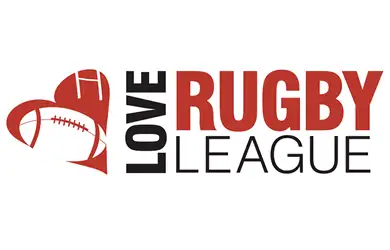Licensing debate rumbles on

The debate over the merits of the licensing system shows little signs of abating. If anything the opposition to the concept is stronger now than ever.
But is the criticism justified and would the game really be better served by a return to promotion and relegation?
It is now almost six years since the idea was first introduced and its core aims remain exactly the same; to improve standards and to make clubs more sustainable.
The question most people are asking is whether licensing has actually achieved its aims?
Have standards on and off the field in Super League improved? Are clubs more financially sustainable than they were in 2005?
At the launch of Super League XVI, the RFL chairman, Richard Lewis reaffirmed his belief that licensing was the best way forward for the game.
However a straw poll of rugby league fans suggests that view is not widely shared. It seems that the vast majority of rugby league supporters remain highly sceptical.
It is extremely difficult to gauge whether playing standards have improved but Brian Noble is amongst those who believed that standards have fallen.
“I don’t think the best teams in Super League now would have a chance against the Bradford and St Helens teams of a few years ago,” said the former Great Britain coach in the wake of England’s failure at the 2010 Four Nations.
The counter argument is that Super League is a more open and competitive competition these days. There are probably five or six teams with a genuine chance of reaching the Grand Final this season.
It is easier to determine whether off-field standards have improved. Certainly the development of new stadiums, however sluggish, is enhancing the sport’s image and the majority of clubs now appear to be run in a more professional and sustainable way.
However one area where the critics have plenty of ammunition is that of the financial stability of clubs.
Both Crusaders and Wakefield have suffered points deductions after entering administration in the past 12 months and concerns remain over the viability of Harlequins.
However I am not sure whether we can blame the licensing system for the failures of individual clubs.
The RFL recognises it has an important role to play in helping clubs become more sustainable and is taking steps to ensure it is able to do so.
So has licensing achieved all of its aims? Probably not but it was always likely to be a long-term process and I believe there are positive signs.
While I can understand some criticism of the way the system is managed, I find it hard to sympathise with those who criticise the concept.
Licensing assesses clubs in five key areas and surely we should all want a competition in which every club is commercially strong, financially sound, well managed and has excellent facilities.
If these ingredients are in place then it becomes the chances of achieving success on the field increase significantly.